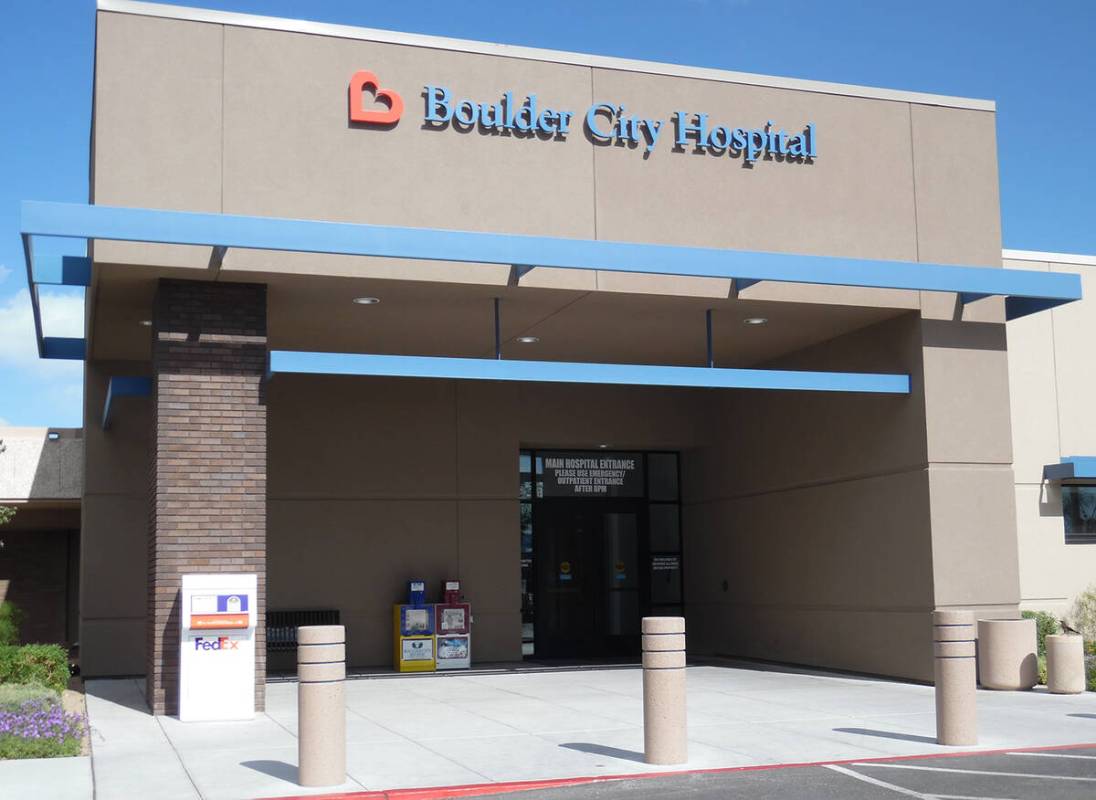
Medical alert systems, also known as personal emergency response systems, help connect users with emergency assistance in situations when they need it most. Eighty-six percent of medical alert system users say the devices have helped save them from an incident.
As more seniors choose to age in place, live independently and lead an active lifestyle, safety precautions such as a medical alert system can help alleviate worry and provide health and safety monitoring for vulnerable adults — and their family and friends from a distance.
The Department of Health and Human Services reports that the average cost of a nursing home is $225 a day (or more), and daily costs in the Las Vegas vicinity for assisted living are generally around $124. Adult day health care is roughly $87 a day, and home health aides can run $162 a day.
Forbes, AARP and SeniorLiving.org provide comprehensive comparisons and evaluations of medical alert system providers, wearables and other in-home systems, including monthly costs, GPS, Bluetooth and connection types, coverage range, warranty and guarantee info.
According to the Centers for Disease Control and Prevention’s National Center for Chronic Disease Prevention and Health Promotion, six in 10 Americans live with at least one chronic disease. Chronic diseases such as heart disease and stroke, cancer and diabetes are the leading causes of death and disability in the U.S.
Taking care of your cognitive health, the ability to clearly think, learn and remember, becomes more important as we age. Many older adults experience some types of changes in memory and thinking. Research shows that staying active, eating healthy, and learning new skills may help keep older adults cognitively healthy.
As you age, here are some points to consider:
■ Eat and drink healthy.
■ Move more, sit less.
■ Don’t use tobacco.
■ Get regular check-ups.
■ Know your family history.
■ Be aware of changes in brain health.
■ Ask your health care provider about a vaccine for COVID-19, pneumonia and shingles.
■ Be mindful of your sleep patterns.
■ Talk to your health care provider about your mental health.
■ Stay connected and manage your stress with activities, hobbies and social interactions.
■ Consider a medical alert system for your home and a wearable bracelet or pendant.
To Your Health is provided by the staff of Boulder City Hospital. For more information, call 702-293-4111, ext. 576, or visit bchcares.org.